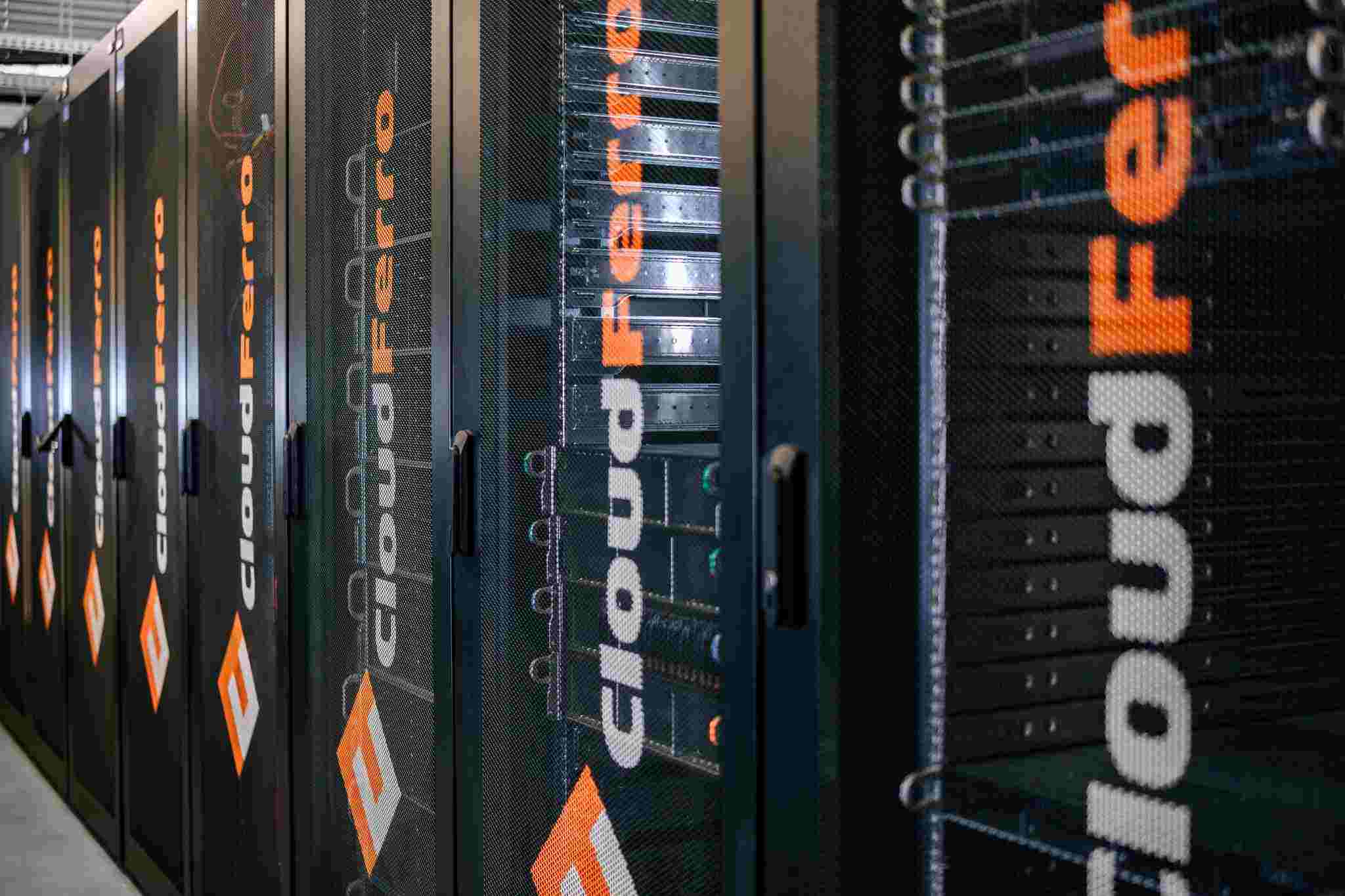Ephemeral NVMe storage in HMD line
VM ephemeral local NVME storage
VM ephemeral local NVME storage is only used in HMD VMS (“D” stands for local disk) in which you get part of physical, very fast NVMe drive attached to one VM. The NVMe drive that hosts data for HMD configuration is a single, very reliable, high performance drive with MTBF>2M h and up to 400k IOPS. We designed it as ephemeral storage, to expressly underline the dangers of losing the data and we encourage clients to back up the data stored on such disk or treat it as a cache only. VM related-storage is a fast solid state SSD storage connected to individual Virtual Machines. It is directly available to the VM without the need for mounting or connecting network shares. The quantity of VM related storage reserved for a VM depends on the VM Flavor selected.
Performance
This storage can give up to 35k IOPS in single queue in read and 25k IOPS in write. Multi queue performance can reach about 350k IOPS for read and 250k IOPS for write. The bandwidth performance is 3000 MiB/s for read and 1371 MiB/s for write
Usage
This type of storage should be used in all scenarios that require very high performance. HMDs and HMDa are designed for applications such as data processing requiring fast local cache, control nodes for Kubernetes clusters with fast storage for etcd, very fast data entry, handling events from IoT devices, very fast saving of calculation results, hosting nonrelational databases.
Provisioning
HMD, HMDA VMs come with VM storage included. The quantity of VM storage depends on the VM Flavor.
Limitations
VM storage is closely associated with a given VM which has exclusive access to this type of storage. Once the VM is terminated, its VM storage disappears. If the instance or the compute server on which the instance is running experiences a failure, is deleted, goes into error state or needs to be moved to different server all of the data may be lost. The data may be lost during any of the following events:
- Physical hard disk failure that may lead to data loss
- Server (hosting the instance) failure
- Instance terminations
- Instance failure or migration
- Server (hosting the instance) reboot
Therefore, do not rely on instance for storing valuable, long term data.









